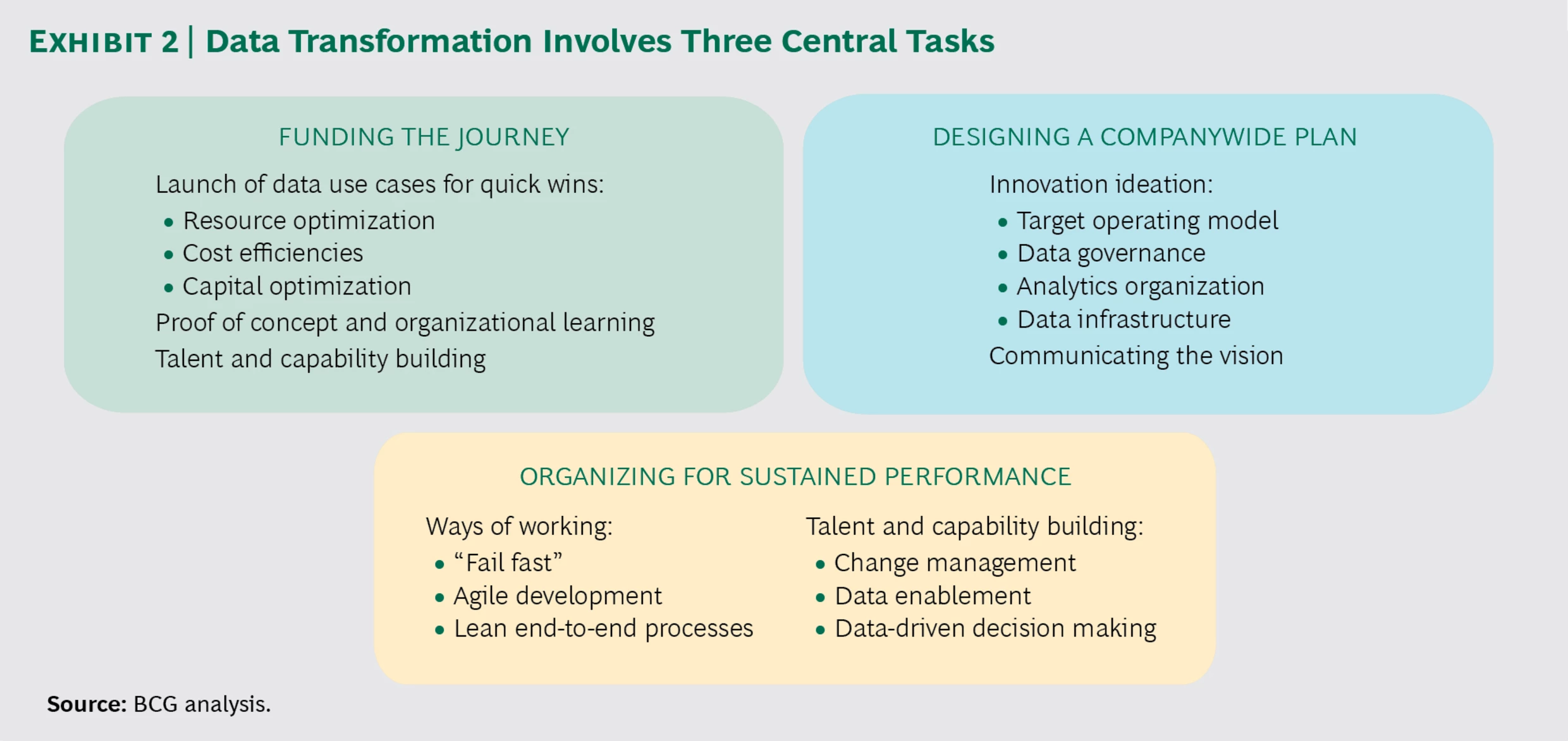The Food and Beverage industry is moving at an incredibly fast pace. Manufacturers are trying to react and adapt as quickly as they can to higher demands, attitude shifts from customers, tighter regulations and increasing pressures. Shifting to new innovative technologies comes up as the most favourable solution in many cases, however, food manufacturers are typically late adopters of these advancements despite the benefits. Such an important change can be intimidating - implementation and training costs paired with staff reluctance are part of the main causes of a low adoption rate.
Tetra Pak, processing and packaging giant, hosted a webinar to discuss the opportunities that reside within the 4.0 Industry, the best practices and implications for the future. Ilka Dunder, digitalization director for Tetra Pak Service, puts forth the advantages related to such change. From a manufacturer's standpoint, it has the potential to increase productivity, reduce costs and generate an increased profitability. As for the workforce, it allows for progression and upskilling, contributing to job creations.
Here are some areas where Industry 4.0 has an impact:
- Optimization of inbound and outbound logistics
- Cost reduction through the control of real time production
- Productivity improvement by optimizing specific processes, empowering employees through the process
- KPIs and data visualisation - information easily accessible to key employees at all times
- Warehousing automation
When asked what would be an easy first solution to implement in a Food&Bev plant to begin the transition into the Industry 4.0, Dunder answered the following: "One good place to start to start is to make existing data and KPI transparent and available to all relevant end users (from the operators on the shop floor to the management). The key is to make the visualization and basic analysis easy. E.g. easily customizable dashboard, customer dashboards etc. There are several ready-made tools on the market that can help to get going quickly."
At Worximity, our TileConnect smart sensors are made to collect production data and monitor production rates in real time. Various KPIs can be measured with our technology. Downtime, throughput, OEE and yield can also be tracked with the sensors and are accessible at all times to floor employees and executives through our TileBoard customized dashboard, from which reports can also be extracted.
As the pressure towards management teams to be more efficient and remaining ahead of competitors is increasing, investing in new technologies is essential. The opportunity to partner with others who have expertise in that area must be seized and seen as a journey for manufacturers to continuously learn about the state of their production processes and how they can be improved.
To read more on Ilka Dunner's thoughts on the Industry 4.0, consult the article from the Food Engineering Mag right here.















